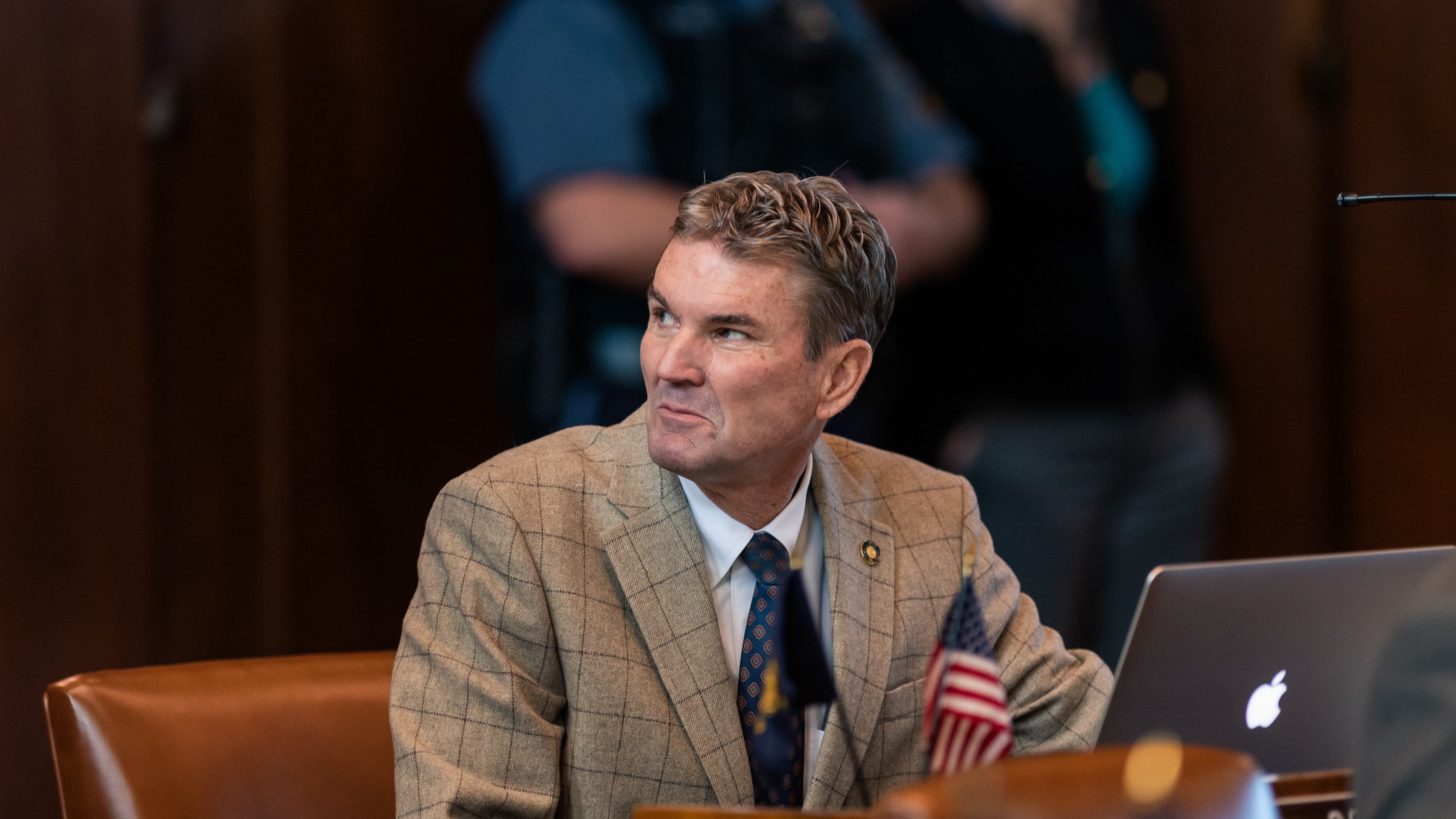In a contentious hearing today, Oregon senators voted 17-12 to pass a National Popular Vote bill.
Should Senate Bill 870 gain approval from the state's House of Representatives, Oregon will enter an interstate compact to award its Electoral College votes to the presidential candidate who receives the most votes nationwide.
So far, 15 states have passed national popular vote legislation, representing 189 electoral votes. In order to take effect, the compact needs approval from enough states to account for a majority of the Electoral College, or 270 votes.
Five times in U.S. history—including in the elections of George W. Bush in 2000 and Donald Trump in 2016—candidates have won presidencies without earning the most votes nationally.
In Oregon, legislation similar to SB 870 has been blocked three times by Senate President Peter Courtney over the last 12 years. Until recently, Courtney maintained that the issue should be brought to Oregon voters.
"If you believe in the popular vote," Courtney said in September, 2017, "then let the popular vote decide the issue." The same year, National Popular Vote, Inc., the group pushing for the replacement of the Electoral College, launched an expenditure campaign against Courtney. (National Popular Vote, Inc. is backed by wealthy innovator John Koza, who co-invented the scratch-off lottery ticket.)
Koza's anti-Courtney campaigning appears to have been successful. Last month, OPB reported, Courtney reneged on his stance and announced he would allow a vote on the bill.
Today, Courtney, Sen. Ginny Burdick (D-Portland) and Sen. Betsy Johson (D-Scappoose) were the only three Democratic senators to vote against the bill.
But the passage brought a new round of fireworks.
Sen. Dennis Linthicum (R-Klamath Falls) ignited controversy during the hearing for saying that bill represents a "lack of understanding about the founding of the United States," and suggesting that the three-fifths compromise "was actually to eliminate the overwhelming influence the slave states would have in representative government."
The three-fifths compromise was a 1787 agreement between northern and southern states that enslaved people would be counted as three-fifths of a person in legislative representation.
Ok. I went back and listened. Here's what Linthicum said on the floor (the first part of a longer speech). #orleg #orpol pic.twitter.com/eJO0tHPuKD
— Dirk VanderHart (@dirquez) April 9, 2019
Linthicum's statement drew quick protests from Sens. Lew Frederick (D-Portland), James Manning (D-Eugene) and Sara Gelser (D-Corvallis).
In a statement on the legislation's passage, Frederick says, "The Electoral College gives a disproportionate voice to voters in some states over others and it's time for that to stop. In our modern society, we need to give the voters a direct say in who their leaders are. This bill moves us in that direction."

